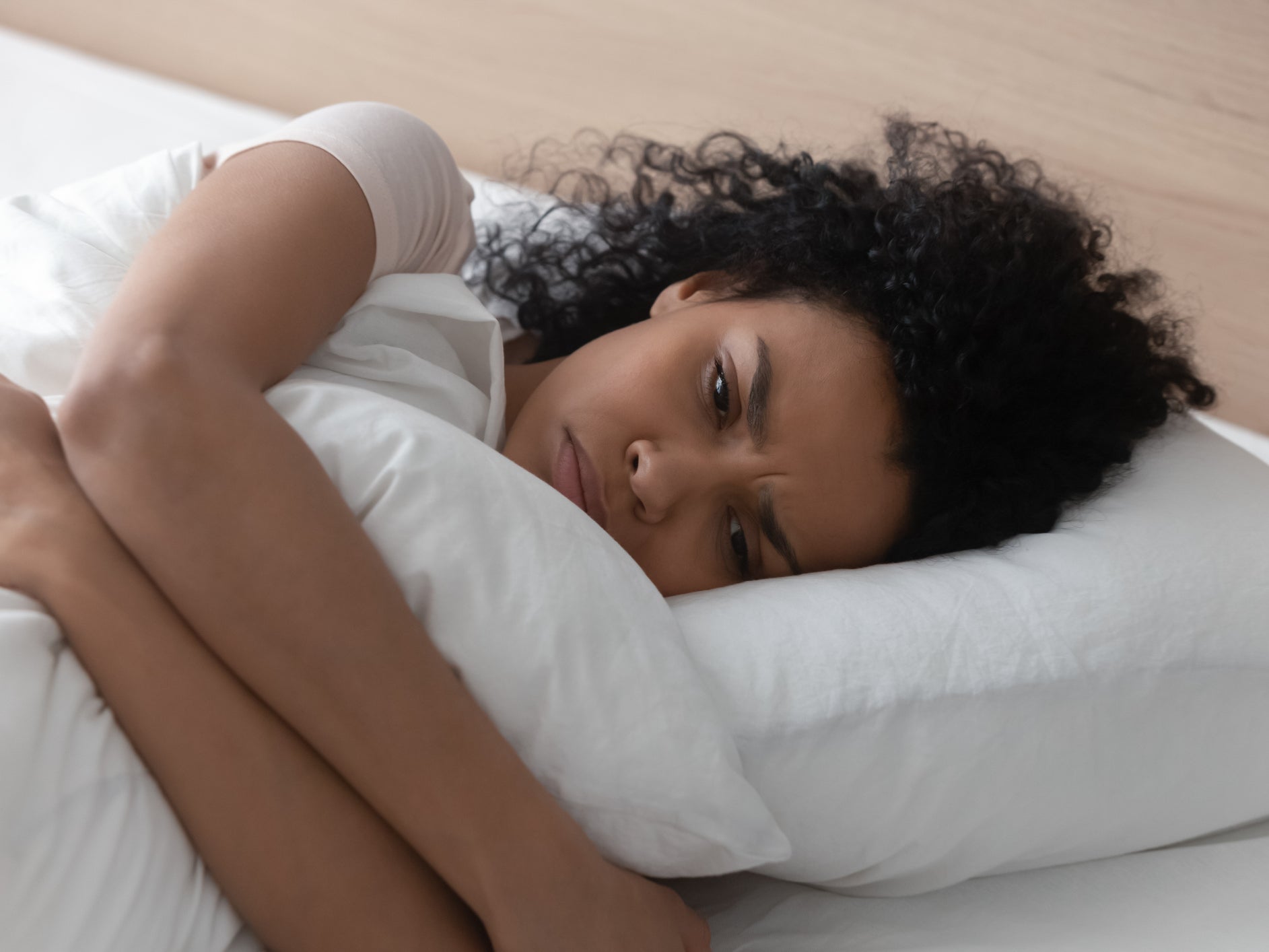Half of British adults say their sleep has been disrupted in lockdown
Study shows ‘just how unsettling the pandemic and lockdown measures have been for a very large proportion of us’

Your support helps us to tell the story
From reproductive rights to climate change to Big Tech, The Independent is on the ground when the story is developing. Whether it's investigating the financials of Elon Musk's pro-Trump PAC or producing our latest documentary, 'The A Word', which shines a light on the American women fighting for reproductive rights, we know how important it is to parse out the facts from the messaging.
At such a critical moment in US history, we need reporters on the ground. Your donation allows us to keep sending journalists to speak to both sides of the story.
The Independent is trusted by Americans across the entire political spectrum. And unlike many other quality news outlets, we choose not to lock Americans out of our reporting and analysis with paywalls. We believe quality journalism should be available to everyone, paid for by those who can afford it.
Your support makes all the difference.A significant portion of the British population has struggled with their sleep during lockdown, a study has shown.
Ever since lockdown was established on Monday 23 May, many people across the nation have experienced a noticeable change to their sleep patterns.
Some have noted feeling more groggy and tired than usual, while others have reported having especially vivid dreams amid the coronavirus pandemic.
In May, researchers from King’s College London conducted a survey of 2,254 British adults to ascertain how the outbreak and lockdown has impacted their sleep.
Of the respondents, half said their sleep has been more disturbed than usual, including 46 per cent of men and 52 per cent of women.
More than 60 per cent of those who said their finances had been affected by the lockdown said their sleep had been more disrupted than normal.
Overall, approximately six in 10 of the participants reported experiencing worse sleep since lockdown was established, with 39 per cent saying they have been sleeping a lot less than they typically would.
The researchers found that younger people were more likely to report changes to their sleeping patterns.
Almost half of 16 to 24-year-olds stated that they were sleeping fewer hours than they had been prior to lockdown. In comparison, a third of those aged 35 and older said the same.
The team noted that those who are feeling particularly stressed during the Covid-19 outbreak are more likely to experience a negative impact to their sleep.
Professor Bobby Duffy, director of the Policy Institute at King’s College London, described how the “unsettling” nature of the pandemic has affected people’s sleep across the nation.
“Nearly two-thirds of the UK public report some negative impact on their sleep from the Covid-19 crisis, clearly showing just how unsettling the pandemic and lockdown measures have been for a very large proportion of us,” the professor said.
“And this is clearly tied to both how stressful we’ve found the virus itself, and how much we fear the impact of the lockdown on our employment and finances.”
Professor Duffy also commented upon the fact that younger people’s sleep appears to have been more greatly affected than that of older generations’.
“Young people in particular have experienced the most impact on their sleep, for good and bad – they are more likely than older people to say they’ve experienced negative impacts on their sleep, but also more likely to say they’ve slept better.”
Experts at University College London (UCL) are currently tracking more than 90,000 people to explore how the pandemic is affecting their mental health and wellbeing.
Research recently indicated that levels of anxiety and depression have fallen as lockdown restrictions have begun to be lifted.
“It is encouraging that levels of anxiety and depression have both fallen as lockdown has eased,” said Dr Daisy Fancourt from UCL’s Institute of Epidemiology and Health Care lead author of the research.
“However, the levels being reported by participants are still worse than usual reported averages.”
Join our commenting forum
Join thought-provoking conversations, follow other Independent readers and see their replies
Comments